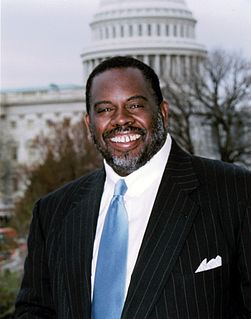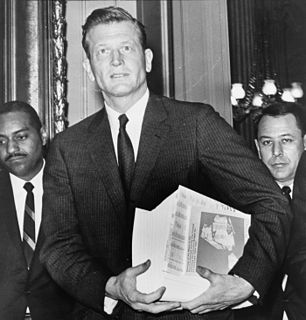A Quote by A. P. J. Abdul Kalam
We must get rid of fossil fuels by developing injection systems for automobiles, which can run on bio-fuel.
Quote Topics
Related Quotes
Science tells us we need to keep the majority of fossil fuels in the ground, and that we must urgently invest in renewable energy, and other alternative industries. Doing so would create millions of jobs, ensure a fair transition for fossil fuel workers into new industries, and avert the most catastrophic climate breakdown.
If we want energy security, then we have to reduce our appetite for fossil fuels. There's no other way. Other issues may crowd the headlines, but this is our fundamental challenge. Big challenges require bold action and leadership. To get the United States off fossil fuels in this uneasy national climate of terrorism and conflict in the Persian Gulf, we must treat the issue with the urgence and persistance it deserves. The measure of our success will be the condition on which we leave the world for the next generation.
When you go to China and the developing world, people understand more clearly the dangers that are coming at them because they're living closer to the margin. They don't have any of the false sense of invulnerability that Americans have. People from developing countries also feel that it's their right, if you're talking in terms of justice, to use fossil fuels like we did for a hundred years to get rich. It's hard for them to give up that vision.











































